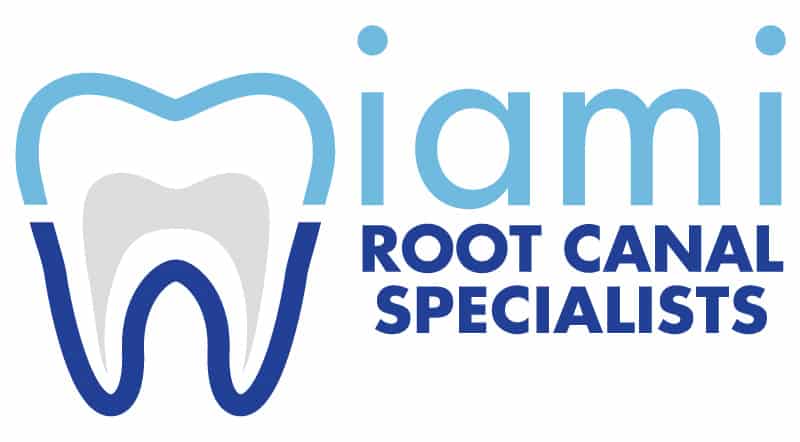 The Basics:
The Basics:
When a tooth develops a crack, it can often be very painful—especially when biting or chewing. It is important to have your tooth evaluated right away if you suspect it may be cracked. Finding a crack early in its progression can increase the chances of you being able to hold on to your natural tooth. Endodontists are experts at evaluating and treating cracks in teeth. They can provide you with information on how best to manage the crack and whether Root Canal Therapy is necessary.
The Details:
Cracks can form in our teeth as part of the aging process. The formation of cracks is accelerated by our habits (pen biting, chewing ice) and by things we may be doing involuntarily (grinding and clenching either during the day or while we sleep).
Cracks start superficially and progress deeper into the tooth with time. As cracks progress deeper, the pulp/nerve of the tooth can become irritated. Symptoms can involve temperature sensitivity, pain on biting/chewing, or pain on release from biting. Most commonly, a patient with a cracked tooth experiences discomfort when chewing. The act of chewing opens the crack on a microscopic level and causes the nerve of the tooth to become irritated.
The Good News:
If a crack in a tooth is identified early, the tooth may be saved with a new crown or cap. In some cases, this treatment is sufficient to stop the progression of the crack and no root canal therapy is needed. As the crack progresses closer to the nerve of the tooth, however, the need for root canal therapy becomes more likely. Eventually, if a crack extends too far before being caught, the tooth may not be salvageable and may need to be removed.
Endodontists are experts at diagnosing and managing cracks in teeth. If a crack is identified, your endodontist will be able to provide you with information on how best to manage the crack progression and whether Root Canal Therapy is necessary.


